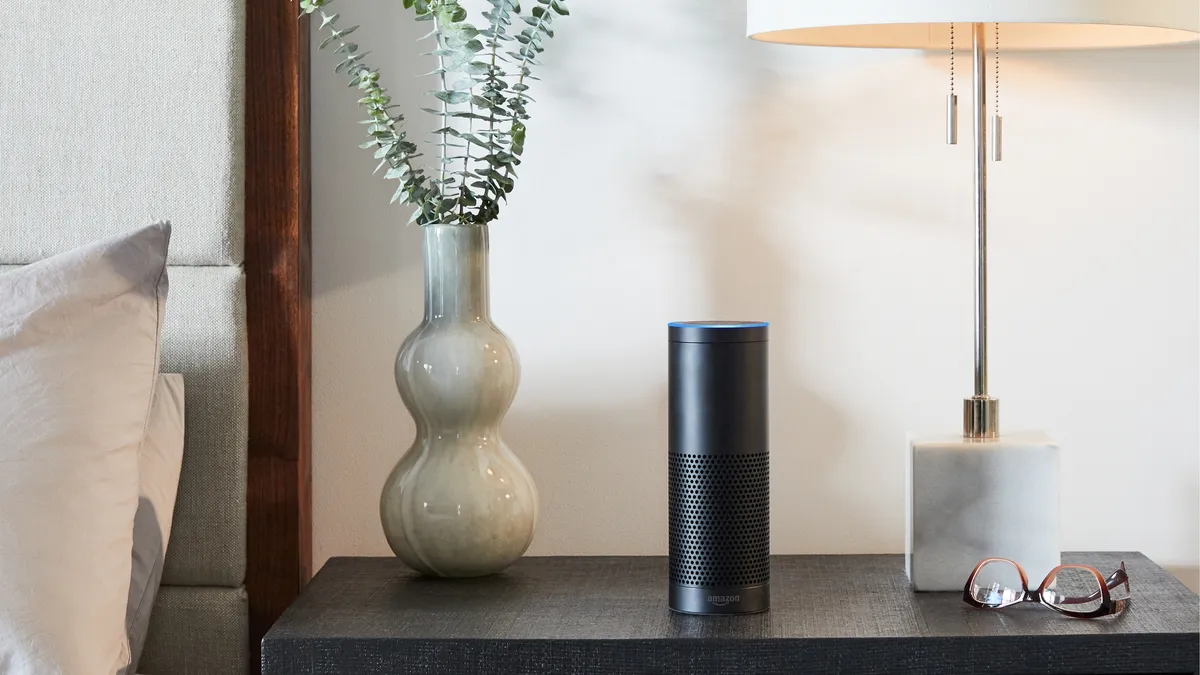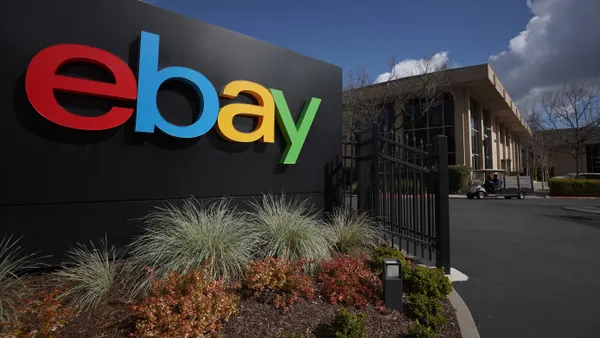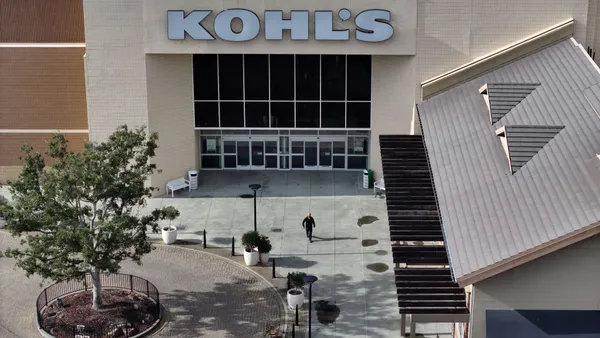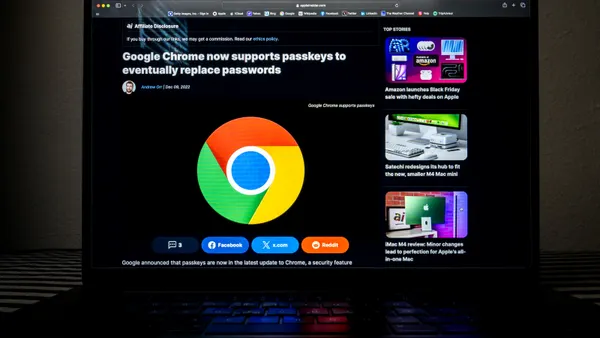Dive Brief:
-
About 68% of the 24 million smart speakers expected to be sold this year will use Amazon’s Alexa virtual assistant, while speakers using Google’s Assistant will account for just over 20% of sales, according to a Strategy Analytics report on the smart speaker market.
-
About half of the 24 million smart speakers will be sold in the fourth quarter alone, as consumers shop an array of new smart speaker options, the report suggested.
-
The researchers also predicted that while Amazon, Google and Baidu will manufacture the overwhelming majority of smart speaker hardware sales in 2017, these companies will begin to lose hardware market share as they leave production to third-party manufacturers.
Dive Insight:
With 12 million smart speakers set to be sold in the fourth quarter alone, it’s looking like a very happy holiday indeed for companies that have these products on the market.
New products can also expect to drive more comparison shopping amongst consumers — and Amazon will win its fair share of those comparison battles. Amazon is dominating the market that it more or less defined. Not only is Alexa residing in a rapidly increasing range of Echo products, a revamped Echo among the most recent ones, but Alexa is also driving speaker products by partners like Sonos.
Meanwhile, Google has fought valiantly to be nothing other than a distant No. 2 in this market. Although the company’s fortunes could change after its recent efforts to develop new Google Home products and recruit retail partners like Walmart, Home Depot and Target to adopt Google Assistant for voice shopping.
Right now, with new Echo and Google Home devices being released, the smart speaker market is fracturing and becoming more complex, as Strategy Analytics points out. But today’s array of smart speaker choices is nothing compared to what’s coming. In the future we can expect Apple’s HomePod (Curious, that device didn’t rate a mention in this report), Samsung’s yet-to-be-named product and other Echo-like products to break onto the scene, perhaps in some cases using Alexa or some elements of that assistant technology from Amazon.
The latter movement is what could cause Amazon to lose its dominant smart speaker market share, according to Strategy Analytics. The research firm is predicting that today’s market leaders will see their collective market share fall to less than 70% (roughly the chunk that Amazon currently holds by itself) by 2020 as they begin to increasingly leave hardware development to third-party manufacturers. That might sound bad for Amazon and Google, but the hardware is the lesser ingredient in their market-winning recipe. The biggest ingredient is their virtual assistant technologies.
Essentially, the Echo isn’t much without Alexa, and as Amazon is beginning to demonstrate with devices like the Echo Look and Echo Show, Alexa can come in many hardware forms. Soon, as with all high-tech devices, other companies will come up with less expensive ways to produce even more hardware types in which these assistants can live.
Making and selling devices is nice, but changing how people live and shop is a different matter altogether — and one that Amazon and Google could continue to dominate.













